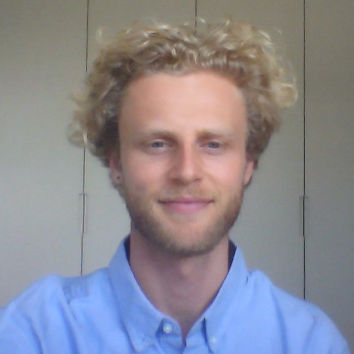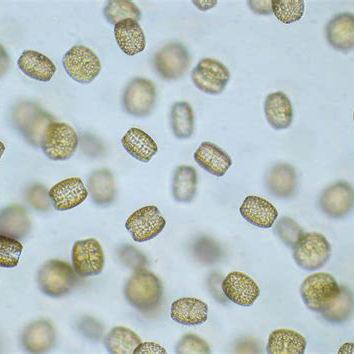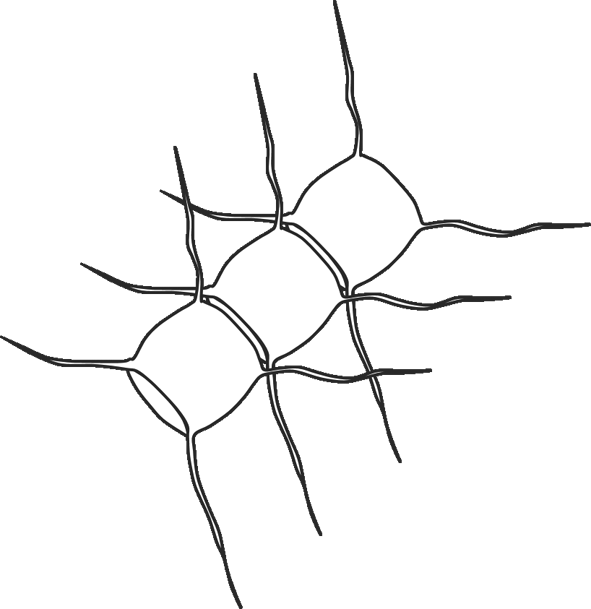|
 |
|
Rebecca Duncan
B
ec is PhD student within the Petrou Lab and UNIS Svalbard and her research is focused on the biological implications of sea ice decline and climate change in the polar regions. Her PhD project is investigating how projected climate change impacts such as reduced sea ice, warming ocean temperatures and ocean acidification affect the nutrient content of dominant sea ice algal species, and how these changes influence nutrient transfer to higher trophic levels in the polar marine system.
|
|
|
Current project:Climate change induced shifts in sea ice microalgal nutrient content: Species, community and trophic implications
|
|
|
|
 |
|
Alyson Theseira
A
lyson is a PhD student. Her research investigates diatom silicification rates at a community and species-specific level across various oceanic bioregions of Australia and aims to provide insight into the effects of ocean warming on diatom ecology and biogeochemistry.
|
|
|
Current project: How in-situ diatom silica production along a latitudinal gradient can help us understand changes to silicon cycling in a warmer ocean
|
|
|
|
 |
|
Billy Fitzgerald Lowry
B
illy is a PhD student investigating the effect of oceanic CO2 fluctuations on nearshore diatom photobiology and silicification.
|
|
|
Current project: silica production under future ocean conditions, from genes to biomes
|
|
|
|
 |
|
Lily Stirling
L
ily is an Honours student investigating habitat preferences in the benthic foraminifera Marginopora vertebralis.
|
|
|
Current project: Social networks: Marine symbioses in coral reef systems
|
|
|
|
 |
|
Holly Ceapa
H
olly is an Honours student investigating the effect of oceanic CO2 and temperature on diatom silicification.
|
|
|
Current project: silica production under future ocean conditions, from genes to biomes
|
|
|
|
|

